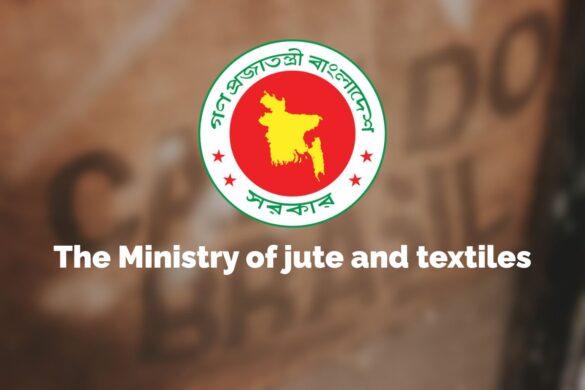Bangladesh is stepping up efforts to revive its jute sector through a package of measures that aim to put more jute products into daily use, modernize mills, and support farmers and workers. The push began with a public campaign to promote jute as a low-cost, eco-friendly alternative to plastic, and included distributing free jute bags at supermarkets to encourage shoppers to switch. New rules now require large shops and markets to use jute packaging, which is expected to increase demand for local jute and cut plastic waste. To enhance production, the government is working to restore state-operated jute mills by using leasing and private management methods. This aims to improve efficiency and draw in investors. These changes are paired with plans to reassign workers from closed factories into other state enterprises and to offer training so staff can adapt to updated processes and technology. Officials have also stepped up international outreach to attract foreign investment and technical help, meeting with trade partners and planning exhibitions abroad to open new export channels for jute goods and expand export markets. Local support programs are working with jute associations, diversification centers, and women entrepreneurs to develop alternative jute products such as woven accessories, home goods, and industrial packaging, helping growers earn more from their crops. A project focused on advanced jute processing aims to create higher value items like eco-friendly composite bags made from jute cellulose; the proposal is moving through planning to secure funding and begin production. The ministry is strengthening seed and input supply, distributing improved jute seeds and fertilizers across districts to boost yields and help small farmers cope with variable weather and pests. Training and recruitment drives at technical institutes aim to build a skilled workforce for the jute and textile industries, matching job seekers with new factory roles and creating opportunities for young people in rural areas. Enforcement teams and mobile market courts have been active, checking packaging rules, collecting fines where laws are broken, and issuing licenses that help formalize jute businesses and raise sector revenue. Together, these steps should help reduce seasonal shortages, lower supply chain costs, and limit hoarding by improving storage and market information systems. Officials are encouraging better transport and storage solutions and promoting collection centers and cooperatives so farmers can sell more directly and avoid heavy middleman markups. By combining market rules, investment incentives, farmer support and training, the program aims to make jute production more profitable while promoting greener packaging across the economy. If these efforts continue, consumers may see steadier prices and wider product choices, farmers may gain higher income from improved yields and new product lines, and local industry could begin to draw steady investment that keeps manufacturing and skills rooted in the country.
Bangladesh Strengthens Jute Sector with Free Jute Bags, Mill Revivals and Export Push
37


